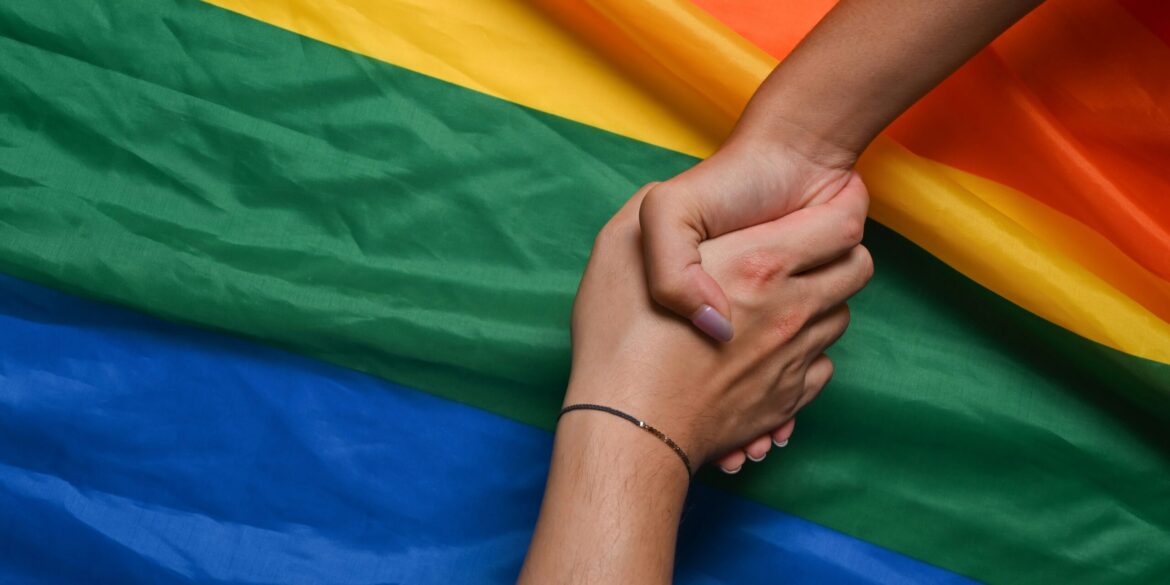At the 2025 Southern Baptist Convention (SBC) in Dallas, over 10,000 delegates voted overwhelmingly in favor of a resolution calling for the reversal of the 2015 U.S. Supreme Court decision that legalized same-sex marriage. The landmark ruling in Obergefell v. Hodges had a profound impact on marriage laws in the United States, but the Southern Baptist Convention has remained staunch in its opposition to same-sex unions. The newly passed resolution reaffirms the SBC’s long-standing belief that marriage should only be between one man and one woman, a stance grounded in what the organization views as biblical principles.
The resolution urges lawmakers at both the state and federal levels to enact laws that align with these traditional views on marriage, asserting that the legal recognition of same-sex marriages contradicts the teachings of scripture. This move is part of a broader effort by the SBC to influence public policy in ways that reflect its conservative interpretations of family, gender, and sexuality. As part of the resolution, delegates also addressed gender identity, fertility, and other related issues, calling for legislation that would prevent the normalization of laws that deviate from what they see as the natural order of sex and family.
The vote comes at a time of heightened cultural and political divisions over issues such as LGBTQ+ rights and religious freedom. While the 2015 Supreme Court decision legalized same-sex marriage across the country, it sparked ongoing debates within many religious communities, including evangelical Christians. For the SBC, the recognition of same-sex marriage by the highest court in the land represents what they consider a misstep in U.S. legal and cultural norms. The resolution advocates not only for a legal reversal of the Obergefell ruling but also for stronger protections for religious institutions and individuals who oppose same-sex marriage on moral or doctrinal grounds.
In addition to the same-sex marriage resolution, the SBC also passed resolutions on other controversial issues. Among these, one condemned pornography, aligning with the denomination’s long-standing stance on sexual morality. The SBC has frequently called for a culture of purity, emphasizing the importance of traditional family structures in maintaining societal health. The resolution on pornography underscores the belief that the consumption of explicit material is harmful both to individuals and to society as a whole, contributing to the degradation of moral values.
Another resolution passed at the 2025 convention addressed the issue of sports betting, another growing area of concern among many evangelical communities. As more states have legalized gambling in recent years, the SBC has taken a firm stance against the expansion of sports betting, arguing that it encourages addiction, exploitation, and a disregard for personal responsibility. The SBC’s position on gambling reflects broader concerns about the moral and ethical consequences of an increasingly consumer-driven culture that it believes undermines biblical teachings on self-control and stewardship.
These resolutions reflect the Southern Baptist Convention’s broader efforts to influence both public policy and cultural discourse in the United States. With its significant base of supporters across the country, the SBC continues to be a major force in shaping the conversation around marriage, family, and sexuality. Its call for the reversal of Obergefell v. Hodges and other legislative actions aimed at preserving what the Convention calls “biblical marriage” are likely to ignite further debates on the intersection of religion, law, and civil rights.
The SBC’s efforts also reflect a larger trend within conservative religious communities to resist what they view as a growing secularism in American culture. Many religious leaders argue that the shifting views on marriage and gender identity challenge deeply held beliefs that have shaped religious and cultural norms for centuries. However, this stance has sparked fierce opposition from LGBTQ+ rights advocates, who argue that such measures undermine the rights of same-sex couples and discriminate against the LGBTQ+ community.
The resolution passed at the SBC convention serves as a reminder of the continuing cultural and political battles over marriage equality, religious freedom, and the definition of family in the United States. As the debate over these issues continues to unfold, it remains to be seen whether the push for a reversal of the 2015 Supreme Court ruling will gain traction in Washington or among state legislatures.

